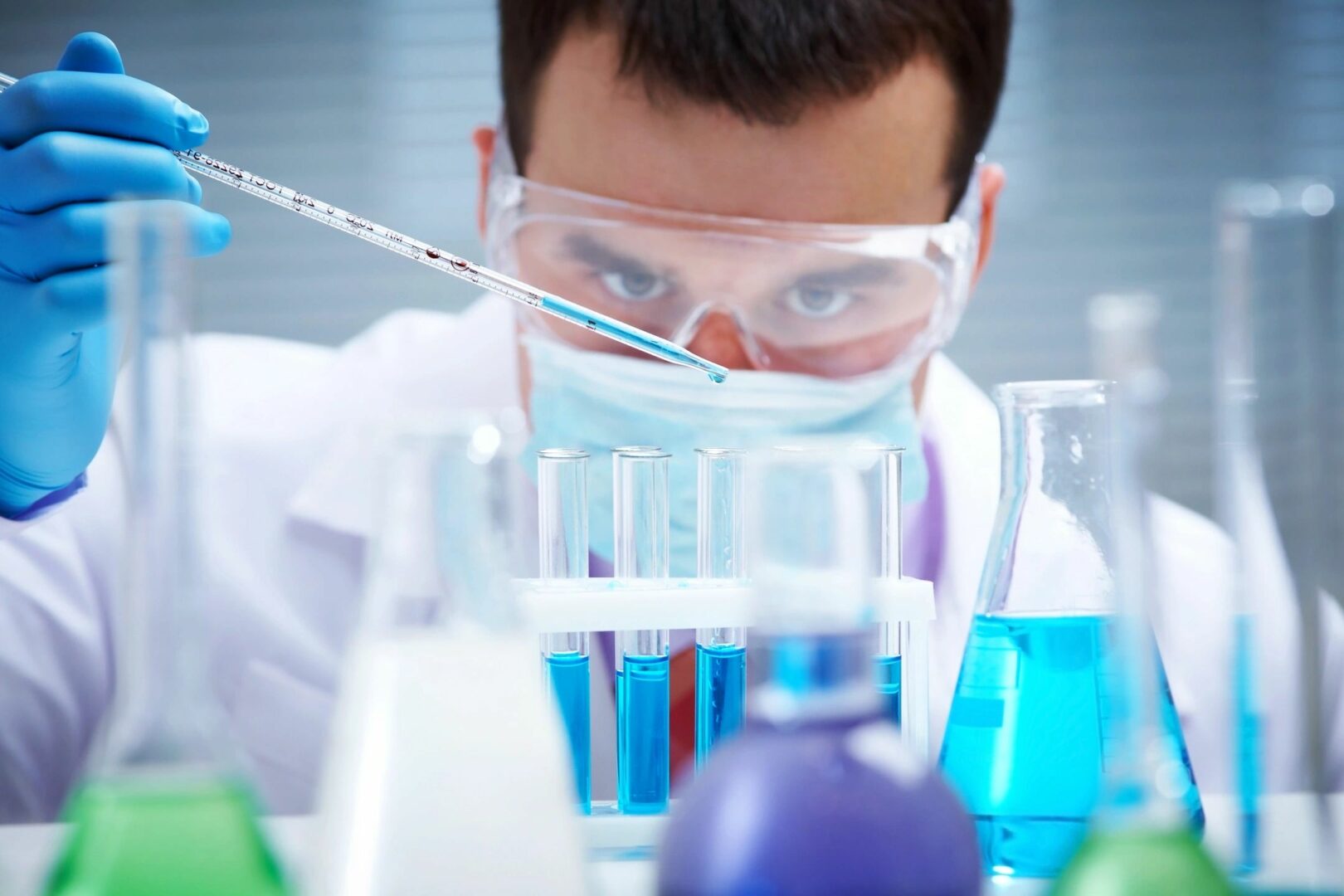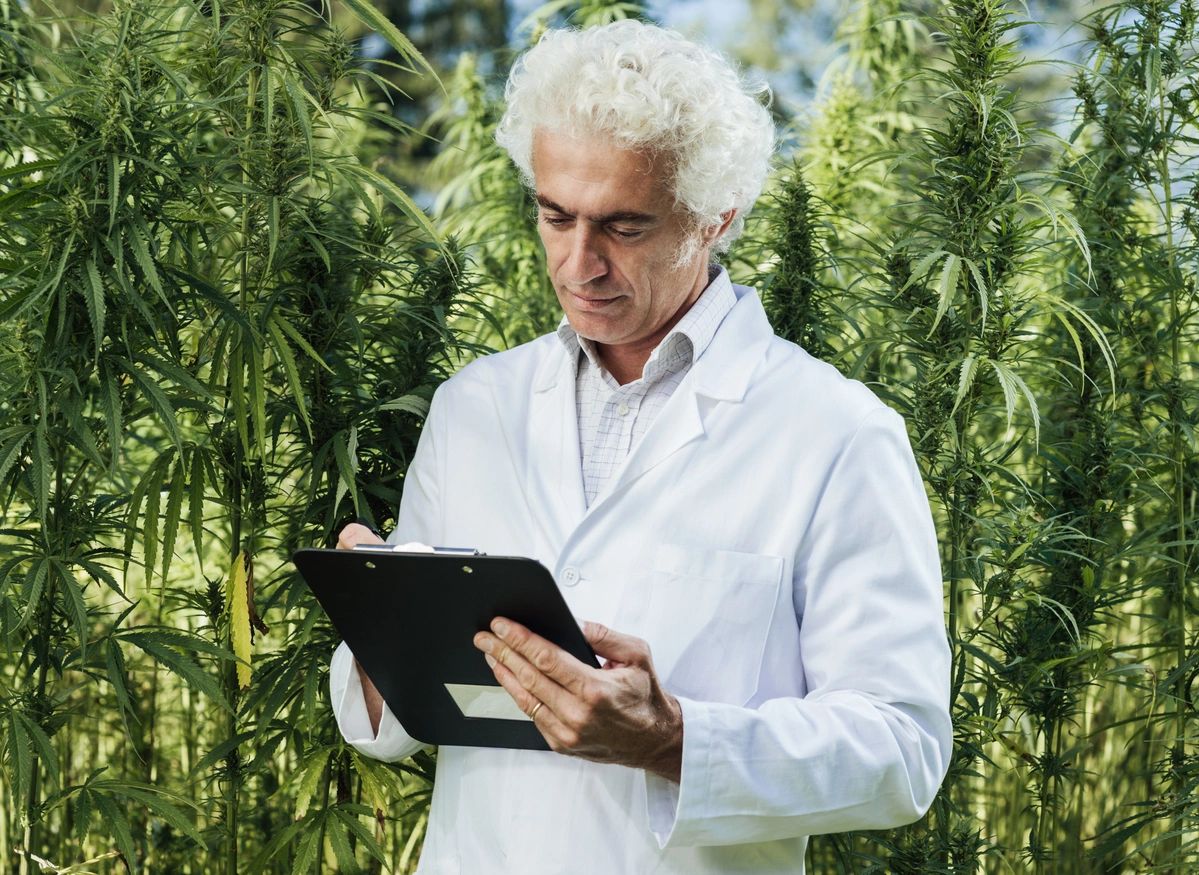The Congressional Research Service prepared a document for members of Congress entitled "Defining Hemp - A Fact Sheet". We invite you to review that report at the .pdf link.
“Per USDA federal regulations, all state hemp programs must have a plan that meets minimum federal guidelines. This includes describing state processes for registering growers, crop sampling and chemical analysis, and remediation or disposal of non-compliant crops. Hemp must be confirmed through chemical analysis measuring the THC concentration, and crops exceeding 0.3% THC are considered non-compliant.”
The Hemp-BioRefinery is the perfect solution for any hemp grower/producer to remain compliant and prosperous,

The Hemp-BioRefinery An Environmentally Responsible Solution to Hemp Processing for Maximum Results
Hemp-BioRefineries (HBR) is a specialized Division of Community Bio-Refineries (CBR) that applies the research and, development, technology application, and commercialization from its parent to enable HBR to fully realize the potential and benefits from hemp.
- In a matter of minutes, the HBR reduces the hemp plant into its component elements of fiber, protein, oil, and sugars; then, isolates and recovers each of these elements intact and undamaged. No heat or chemicals are used anywhere during the process.
- Once the solids elements are recovered, the remaining “waste stream” (mostly sugars) enters a special fermenter to produce bio-butanol – the very heart of the next generation of biofuels. Natural byproducts of fermentation process are two organic acids. Industrial ethanol plants just dump these into local lakes and streams – killing all life by depleting the oxygen in the water. Not HBR – we recover these natural biochemicals and combine them with the left-over fibers from the beginning of the process to give us biodegradable plastic.
- By the end of the process, the remaining water is hyper-pure and is recycled back to the beginning.
Zero waste; zero pollution. Every molecule is utilized for a useful purpose.
Hemp-BioRefineries will also play a major role in the Carbohydrate Community by transforming hemp/cannabis into a food source as well as an energy source. Our goal will be achieved with farmers reviving the producer co-ops, giving farmers a hedge against volatile commodity prices. Further, we will enable farmers to take full advantage of a previously marginalized crop – hemp. Technological breakthroughs will be applied and fully integrated into the HBR process within a smaller, energy self-sufficient manufacturing facility. The presence of an HBR in a local community will lend itself significantly toward making a Holistic view of planning energy self-sufficient communities.
What Does the HBR Do?
The Community Bio-Refinery (CBR), processes local grains and biomass into higher-value products (food, biochemicals, bioplastics, and green electricity) while also creating the next generation of advanced biofuels.
The HBR will do the same, but will process exclusively hemp/cannabis.
Green energy resources can be produced and consumed by local communities to replace petroleum-based fuels. An HBR can potentially turn a community into a self-sufficient energy consumer. Specifically, the HBR has the unique mission of focusing on hemp/cannabis to create food and nutraceutical products, to biofuels and green energy, and much more – while also keying in on eliminating all waste from the process.
Our website seeks to inform and educate while trying our best to not get too far into the weeds. We have long sought to come up with an “elevator pitch” to summarize what the CBR/HBR can do, but there are too many aspects for a quick and simple one-liner which does not either insult your intelligence or create more questions than it answers. Therefore, we invite you to take a look at our Pitch Deck to help provide you with the 10,000-foot view. Please find our Pitch Deck at the Benefits/Pitch Deck tab.

What Are the Benefits of HBRs to Your Community?
How Can HBRs Help Solve the Issues in the Biofuels Industry?
Today, traditional biofuels factories cause many problems for the industry. These facilities produce very few economic benefits for their local communities while polluting its surrounding environment. Their operations destroy important food ingredients to produce only fuel and low-value animal feeds.
A list of some ways HBRs can solve these issues includes:
Huge Problems Our World Is Facing Today
With the recent increase in the population, the growing global shortage of food and fuel is concerning. As we plan our future sources of food and fuel, the following socioeconomic challenges must be addressed:
With its breakthrough innovations, an HBR can solve these issues. We can help you learn more about the benefits that HBRs can bring to your community.
Contact Us
Get started on the path of sustainability for your community’s future. If you want to invest in the HBR innovation, feel free to get in touch with us.
